Creating a Simple Budget

Unfortunately, many of us reach the real-world with minimal knowledge of managing our finances. Luana Savings Bank is a local establishment committed to helping our customers make the most of their income. We have loan officers available at each Branch Location that are able to assist you with budgeting, loans, and large purchases.
Financial Planning and Budgets
Budgeting is the act of projecting your future expenditures and income against one another to ensure bills can be paid and money is saved for the future.
Many times, we find ourselves budgeting week to week, or maybe month to month. To realize your life-long goals and reduce stress, however, budgeting beyond the current and then next month also is necessary. We recommend that when you establish a budget, you look forward at least one to two years to take into account large, periodic expenditures such as taxes, vacation, kids, medical procedures, retirement, holidays, gifts, etc. The longer you're able to accurately project your budget, the easier it will be to save for long-term goals and make purchasing decisions when the time is right.
Projecting a budget can be tricky; many times we have expenses that we didn't realize or plan for, and sometimes things cost more than anticipated. When projecting a budget, take a look at previous month's budgets to determine where money was unexpectedly spent. Keep a track record of how far off your budget projection was from the actual budget, and build some safety into future budgets based on past month's experiences. For instance, if you find that you continually go $60 to $80 over your monthly budget, conservatively building in an $80 "spending cash" item into future budgets will increase their accuracy.
What Can I Afford?
Most of us aren't able to afford a single cash payment for large items like Real Estate and Automobiles; therefore there comes a point in our lives when it's necessary to apply for a loan.
A bank will determine what they feel comfortable lending you based on your income, job stability/history, tangible worth (investments, property, etc), and the amount of active loans you currently have and payment history. Banks must ensure that loaning to a customer will be a good investment; failure to adequately screen customers results in increased fees and rates for other customers and fewer loan opportunities, both negatively effecting local economies.
As an observed guideline, you'll want to keep your total monthly debt payments to within 30 to 40% of your monthly take-home income. This leaves 60 to 70% every month for bills, retirement, and other investments or unforeseen expenses. If you're already at this limit and wish to take out another loan, it's strongly suggested to pay off an existing loan to re-establish headroom in your debt model.
For Example, let's say your monthly take-home income is $2000. Monthly debt payments should total less than roughly $760 per month (38%). If you currently have a house payment at $450 per month and average a credit card payment of $110 per month, this results in the potential ability to take out a loan with a $200 payment per month for an automobile, etc. ($450+$110=$560; $760-$560=$200).
If you find yourself at your debt limit and are looking for a loan, ask yourself if that loan is absolutely necessary. If not, the best way to prepare for a loan in the future is to pay off unsecured debt - like credit cards and college tuition loans - as quickly as safely possible. If you determine the new loan is a requirement, think about what you need, versus what you want, and determine the minimum you need to borrow (for instance, purchasing a used vehicle instead of new). After calculating what you will need to borrow, examine your existing debt (especially automobile and home loans) to determine once again what you need versus what you want, and then downgrade or trade where possible to accommodate a new loan.
See Also: Consumer Credit
What Can I Use a Loan For?
Consumer Loans are typically used for Real Estate and Automobiles. We like customers to purchase items such as Boats, Jet Skis, Snowmobiles, Four-wheelers, and similar items in cash. However, if you're safely below the 30 to 40% monthly debt-payment-to-take-home-income limit as explained above, we also offer loans designed for personal use. We urge customers to use cash when planning Vacations and Weddings. If you're interested in a non-traditional loan or a loan for one of the previously mentioned items, be prepared to provide collateral, such as real estate. Home Improvement and Repairs must also fit into the same debt model, and are most appropriately financed through a Second Mortgage or Home Equity Line of Credit.
Financial Tips
- Project your Budget at least 4 to 6 months minimum; Suggested projection period being one to two years or more.
- Keep at least 2 to 3 months worth of debt payments in your Savings Account at all times
- Pay ahead on a loan whenever possible
- Keep $1000 extra in your checkbook to avoid overdrafts
- Routinely check your debits/credits in bank statements for accuracy
- Put away at least 3 to 5% of your salary monthly into retirement like a 401k or IRA (or more if your employer matches)
- Research IRA's and contribute as much as possible if you don't currently have a retirement plan

